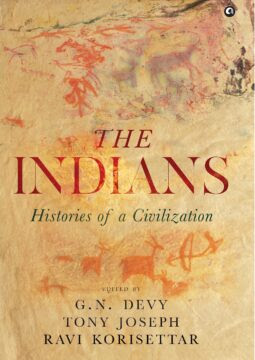
Samanth Subramanian at the New Yorker: In some Indian languages, the word for “language” is bhasha—the vowels long and warm, as in “car” or “tar.” It has a formal weight and a refined spirit. It comes to us from the classical heights of Sanskrit, and it evokes a language with a script and a literature, with newspapers and codified grammar and chauvinists and textbooks. But there is another word, boli. It, too, refers to language, but its more accurate meaning is “that which is spoken.” In its sense of the oral, it hints at colloquialisms, hybridity, and a demotic that belongs to the streets. The insinuation is that a bhasha is grander and more sophisticated than a boli. The language of language infects how we think about language.
For more than forty years, the distance between these two words has preoccupied the literary scholar Ganesh Devy. He knows precisely when it all began. In 1979, as he was completing his Ph.D. in English literature at Shivaji University, in the Indian city of Kolhapur, he found in the library a commentary on India’s censuses. The 1961 census had identified sixteen hundred and fifty-two “mother tongues”—many of them, like Betuli or Khawathlang, with speakers numbering in the single digits.
More here.







